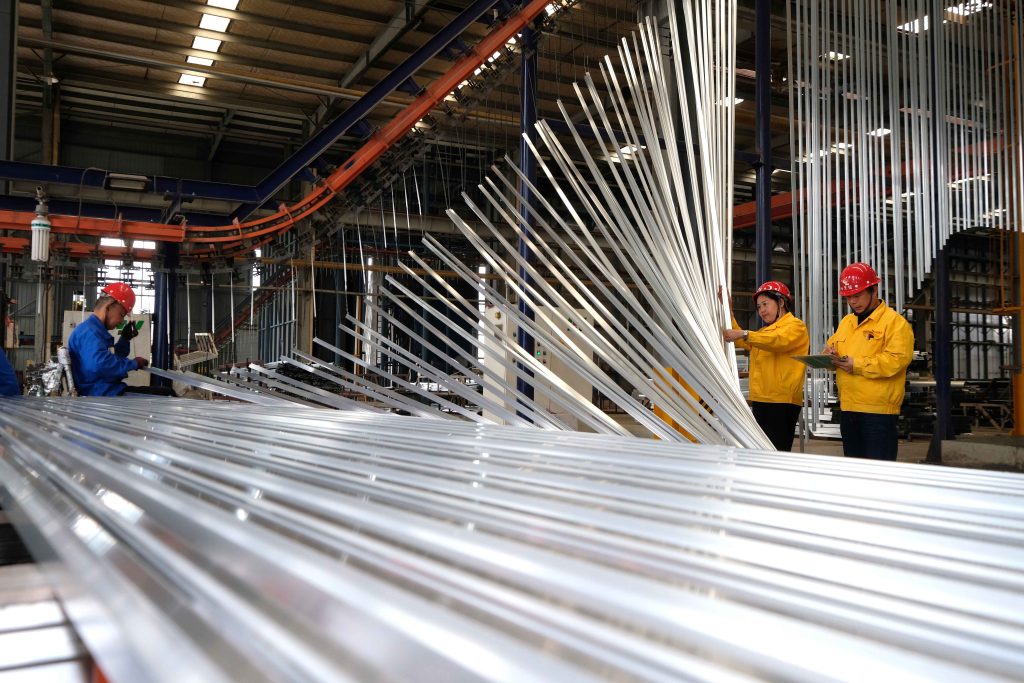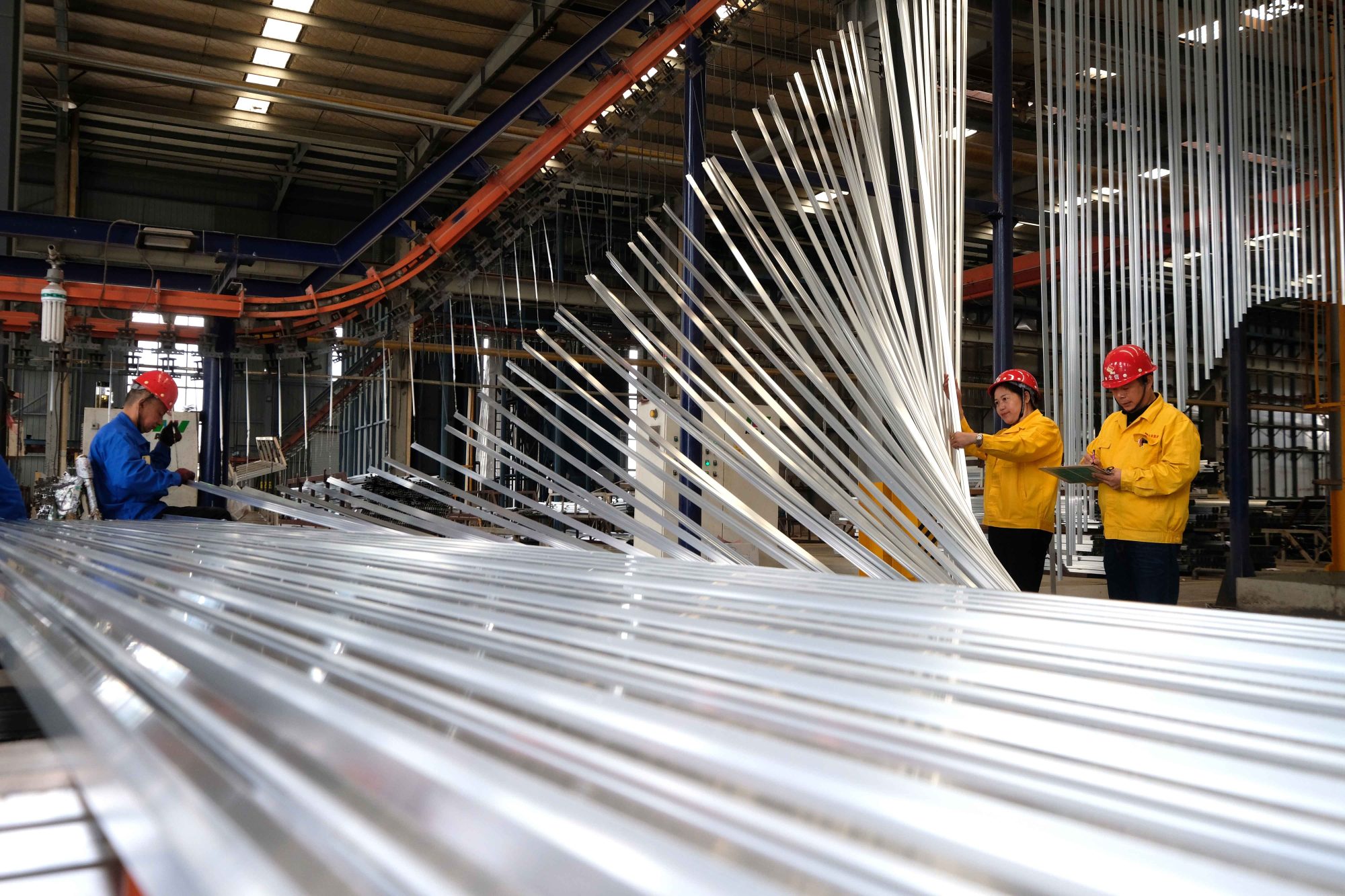Introduction
The European aluminium industry stands at a pivotal juncture, aiming to achieve net-zero emissions by 2050. This ambitious goal is detailed in the report “Net-Zero by 2050: Science-based Decarbonisation Pathways for the European Aluminium Industry,” launched at a significant event featuring Kerstin Jorna from the European Commission’s DG Grow.
The State of the European Aluminium Industry
Despite its energy-intensive nature, the European aluminium industry is crucial for clean technology advancements, contributing significantly to solar PV, wind power, heat pumps, and electric vehicles. Annually responsible for approximately 24 million tonnes of CO2 equivalent emissions, the industry faces the challenge of increasing demand, expected to rise by 30% by 2040. The EU is strategically aiming to satisfy a substantial portion of this demand with domestically sourced aluminium.
The Urgency of Net-Zero Emissions
Paul Voss, Director General of European Aluminium, stresses the imperative of aligning industry practices with planetary environmental limits. Achieving net-zero is not a distant goal but an immediate necessity. The industry, despite facing challenging market conditions, is committed to sustainable growth and decarbonisation.
Strategies for Decarbonisation
The report highlights practical pathways to slash emissions by over 90% by 2050. Key strategies include transitioning to a low-carbon electricity grid, incorporating inert anodes in smelters, implementing alternative heating systems, and boosting recycling efforts.
Collaboration and Policy Support
Achieving net-zero requires a combined effort from the industry and EU policymakers. European Aluminium has identified four essential policy areas: development of cost-competitive renewable energy, long-term power purchase agreements, incentives for technology adoption and emissions reduction, and enhanced recycling initiatives. A bold industrial strategy is vital to sustain and increase Europe’s aluminium production.
Aluminium’s Role in Europe’s Green Transition
Paul Voss highlights European Aluminium’s commitment to working alongside EU policymakers and actively participating in the Clean Transition Dialogues. The industry aims to responsibly produce the aluminium necessary for Europe’s green transition, striving to be a part of the solution to environmental challenges.
Conclusion
The journey of the European aluminium industry towards a sustainable, net-zero future is both challenging and essential. The industry’s dedication to this goal sets a precedent for global environmental responsibility and sustainable industrial practices.

